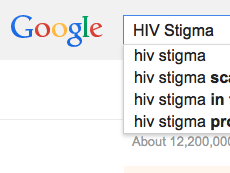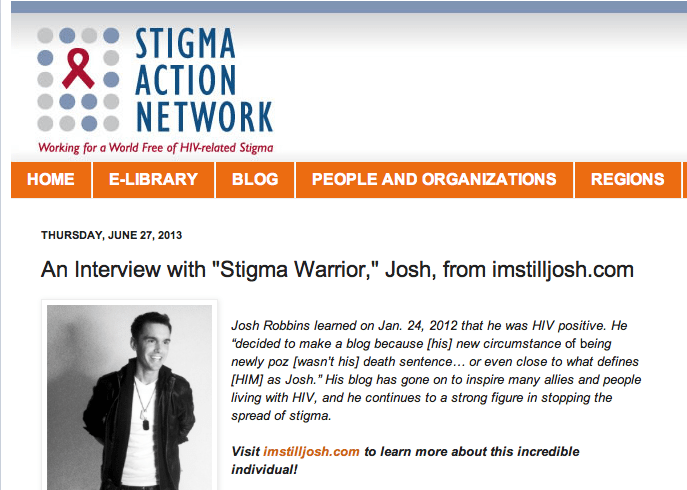Is it possible that our current HIV prevention strategies and the essence of HIV prevention awareness is now ineffective?
Instead of rattling off a number of statistics that are now less startling and news-worthy about the current state of the HIV epidemic (like the number of new infections per year, the likelihood that someone will become HIV-infected or the disparity of resources allotted to the Southern US– hardest hit by and strangely quiet from awareness messages for HIV), I am pretty confident that we can all agree that HIV is still very present and real in all of our local communities. And HIV prevention is so important! But an effective prevention method and strategy is paramount– or it’s wasted energy.
But, for me, I am personally shocked and way more interested in how we are now going to try and tackle this thing with information that is relatively new to me and that you may not know.
SHOCKING: There are NO condoms currently available in the US for consumers that are FDA-tested or FDA-approved for anal sex.

Although I am no scientist and can’t prove it, I’d argue anal sex is the probably the most common form of sexual intercourse that gay men (who account for the largest percentage of new HIV infections) engage. So, if condoms aren’t FDA-tested nor FDA-approved for the type of sex that I have, would that mean that I have been using an experimental method? I’m not an insurance guru either, but I do know that most insurance companies probably don’t pay for experimental treatments, because they don’t buy into the effectiveness. Have I been a guinea pig? Surely not, right?

[box style=”Green, highlight, shadow” ] According to AIDSMAP only one-in-six men report 100% condom use during three-to-four year followup but that 100% condom use can reduce chance of HIV infection via anal sex by up to 70%.[/box]
BOMBSHELL: Now, risk reduction counseling with HIV testing does NOT result in a reduction of STIs, according to a study published this week on The Journal of the American Medical Association’s website.
WAIT WHAT???? This is a bombshell for me, because this is the basis of the argument supporting in-office HIV testing by trained staff of clinics and HIV support offices nationwide. It’s also the reason that plenty of money is being mailed all over the country to these facilities and organizations.
Since I can remember (as HIV-negative), there have been two main prevention messages that I have heard about HIV. The first message was the absolute importance of safe sex (then termed safer sex) — which was simple: Wear a condom. Every time. And the second message is how important it is to be regularly tested for HIV.
WHERE DO WE GO FROM HERE?
- So, HIV testing is important, right? Yes!
- Condoms aren’t effective in preventing HIV transmission in anal sex? No! (Never been FDA-tested)
- Coupling HIV testing and HIV prevention counseling doesn’t show a reduction in new diagnosis? No!
- And so, why aren’t we all screaming about PrEP???
So what does JOSH’s bottom line SAY about this?
[quote]Some people don’t want to best rapid tested for HIV because they are concerned about the social discussion that happens (called risk reduction counseling), and this study shows that risk reduction counseling may be a perceived prevention method, so I look forward to more information and studies on the effectiveness of the money and time spent on promoting risk reduction counseling as an option instead of the standard — and maybe spending that money on either inventing a condom for anal sex so gay men have a true option or spending that money on de-stigmatizing PrEP.- Josh Robbins, founder of imstilljosh.com[/quote]
Info to know: Origami is currently testing a new anal condom. It will attempt to gain FDA-approval, however, the FDA is very clear that they will not discuss anal sex. It’s unfortunate.
Resource:
http://www.healthline.com/health/hiv-aids/prevention
![[ IMSTILLJOSH ]](https://imstilljosh.com/wp-content/uploads/2020/09/9A79D7E4-5626-422E-ABC0-F601C8891E6A.png)



















